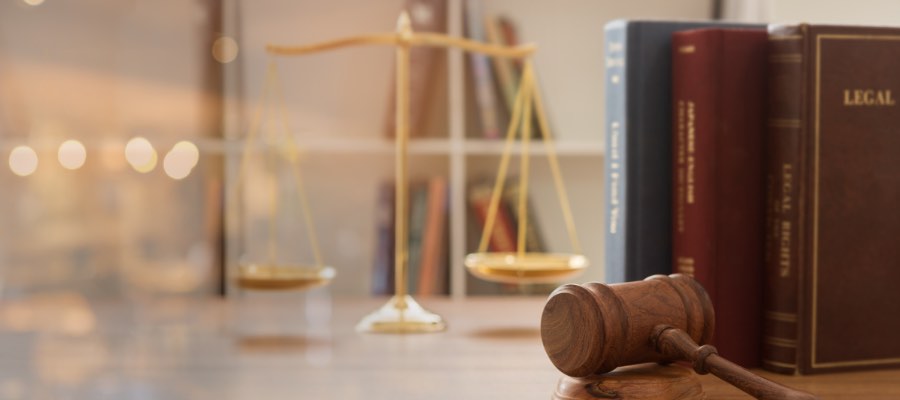
As we move further into the 21st century, the legal landscape continues to evolve at a rapid pace, driven by technological advancements, global interconnectedness, and shifting societal values.
Understanding the major legal trends on the horizon is essential for businesses and individuals alike to navigate the complexities of the future legal environment. Here are some of the key legal trends to watch in the next decade:
1. The Rise of Cyber Law
The digital age has brought about unprecedented challenges in the form of cybercrimes, data breaches, and online privacy issues.
As our reliance on technology grows, so does the complexity of cyber law. We can expect a significant increase in legislation and legal practices aimed at protecting digital assets, personal data, and ensuring cyber security.
Businesses will need to stay ahead of these developments to protect themselves and their customers from cyber threats.
2. Enhanced Privacy Rights
Privacy has become a central concern for individuals worldwide, especially with the increasing capabilities of companies to collect, store, and use personal data.
The next decade will likely see stronger privacy laws akin to the General Data Protection Regulation (GDPR) in the European Union, extending to other parts of the world.
These changes will require businesses to adopt stringent data protection measures and transparent privacy practices to comply with global standards.
3. Expansion of International Arbitration
As global trade continues to expand, so does the need for a streamlined process to resolve international disputes.
International arbitration has become a preferred method for its efficiency, confidentiality, and the enforceability of its awards.
We anticipate further growth and refinement in international arbitration practices, including the adoption of virtual hearings and the integration of artificial intelligence in the arbitration process.
4. Focus on Environmental Law and Sustainability
Environmental concerns are pushing for more stringent regulations on sustainability practices and the impact of businesses on the planet.
This trend is expected to continue, with legal frameworks evolving to support environmental protection, green energy, and sustainable development goals.
Companies will need to align their operations with these legal standards, focusing on environmental responsibility and sustainable practices.
5. Intellectual Property in the Innovation Economy
As innovation accelerates, intellectual property (IP) rights will become increasingly vital in protecting new inventions, brands, and creative works.
The next decade will likely see the strengthening of IP laws to address the challenges posed by digital technologies, such as artificial intelligence, blockchain, and 3D printing.
Businesses and creators must be proactive in securing their IP rights to stay competitive in the global market.
Conclusion
These legal trends highlight the dynamic nature of the legal field and underscore the importance of staying informed and adaptable. For businesses and individuals, understanding and preparing for these changes is crucial to navigating the legal challenges and opportunities of the next decade successfully.

